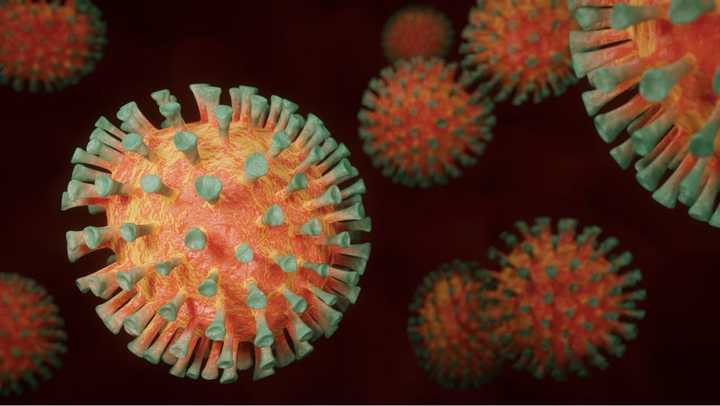The case of the strain, officially known as the P.1 variant, was identified by scientists at Mount Sinai hospital in New York City and verified by the Department of Health's Wadsworth Center Laboratories.
The patient is a Brooklyn resident over age 90 with no recent travel history.
DOH is working with the New York City Department of Health and Mental Hygiene to learn more information about the patient and potential contacts.
"This is a race between the vaccine and the variants, and we continue to make tremendous progress of getting shots in the arms of eligible New Yorkers," New York State Health Commissioner Dr. Howard Zucker said. "In the meantime, we remind New Yorkers to do everything they can to protect themselves and their neighbors as we continue to manage this pandemic."
The P.1 variant was first detected in the United States at the end of January, and the Centers for Disease Control and Prevention (CDC) is currently reporting 48 cases nationwide.
The P.1 variant has been designated a "variant of concern," which means there is evidence of an increase in transmissibility, more severe disease, and the potential for reduced effectiveness of treatments or vaccines.
However, while additional research is warranted, researchers at the University of Oxford recently released non-peer-reviewed data that indicates the P.1 variant may be less resistant to the current vaccines than originally thought.
Wadsworth Center is currently sequencing COVID-19 virus specimens at a rate of approximately 90 per day and has sequenced more than 8,200 virus samples statewide. Most specimens have been selected at random from throughout the state to ensure geographic representation.
Click here to follow Daily Voice Scarsdale and receive free news updates.
